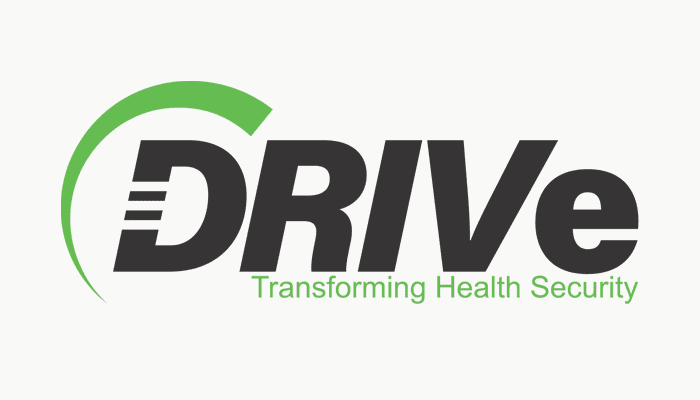Stony Brook University has been selected as one of eight institutions charged by the Department of Health and Human Services (HHS) with accelerating solutions to combat health security threats.
Through the federal BARDA-DRIVe program, the Center for Biotechnology will receive financial resources to support the incubation of businesses that can innovate in the detection and treatment of sepsis.
Sepsis is a top cause of hospitalization in America, leads to 250,000 deaths annually and costs approximately $24 billion a year to treat, according to HHS. The number of sepsis cases could skyrocket after a bioterrorism attack or pandemic.
Stony Brook’s proposal is aimed at mining the robust academic portfolio of biomedical research within metropolitan New York, according to Clinton Rubin, SUNY Distinguished Professor in the Department of Biomedical Engineering in the College of Engineering and Applied Sciences.
DRIVe is a transformative, business-friendly approach to accelerating lifesaving innovation to solve tough health challenges that span health security and daily healthcare. DRIVe is named after the office that oversees it, the Division of Research, Innovation, and Ventures, part of the Biomedical Advanced Research and Development Authority (BARDA) within the Office of the Assistant Secretary for Preparedness and Response at the U.S. Department of Health and Human Services.
The accelerator network assists individual innovators, startups and other businesses in developing their technologies and products, connecting innovators with essential product development and business support services. This support could position innovative technologies and products for follow-on investment from the public or private sectors.
Sources: Stony Brook University, PHE.gov



